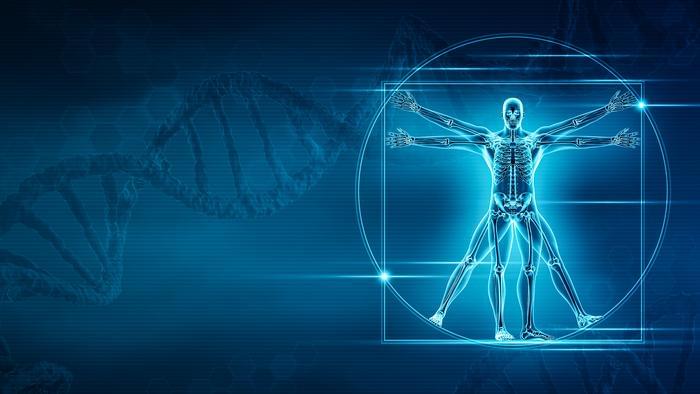Using artificial intelligence (AI) to combine data from full-body x-ray images and associated genomic data from more than 30,000 UK Biobank participants, a study by researchers at The University of Texas at Austin and New York Genome Center has helped to illuminate the genetic basis of human skeletal proportions, from shoulder width to leg length.
The findings also provide new insights into the evolution of the human skeletal form and its role in musculoskeletal disease, providing a window into our evolutionary past, and potentially allowing doctors to one day better predict patients’ risks of developing conditions such as back pain or arthritis in later life. The study also demonstrates the utility of using population-scale imaging data from biobanks to understand both disease-related and normal physical variation among humans.
“Our research is a powerful demonstration of the impact of AI in medicine, particularly when it comes to analyzing and quantifying imaging data, as well as integrating this information with health records and genetics rapidly and at large scale,” said Vagheesh Narasimhan, PhD, an assistant professor of integrative biology as well as statistics and data science, who led the multidisciplinary team of researchers, to provide the genetic map of skeletal proportions.
